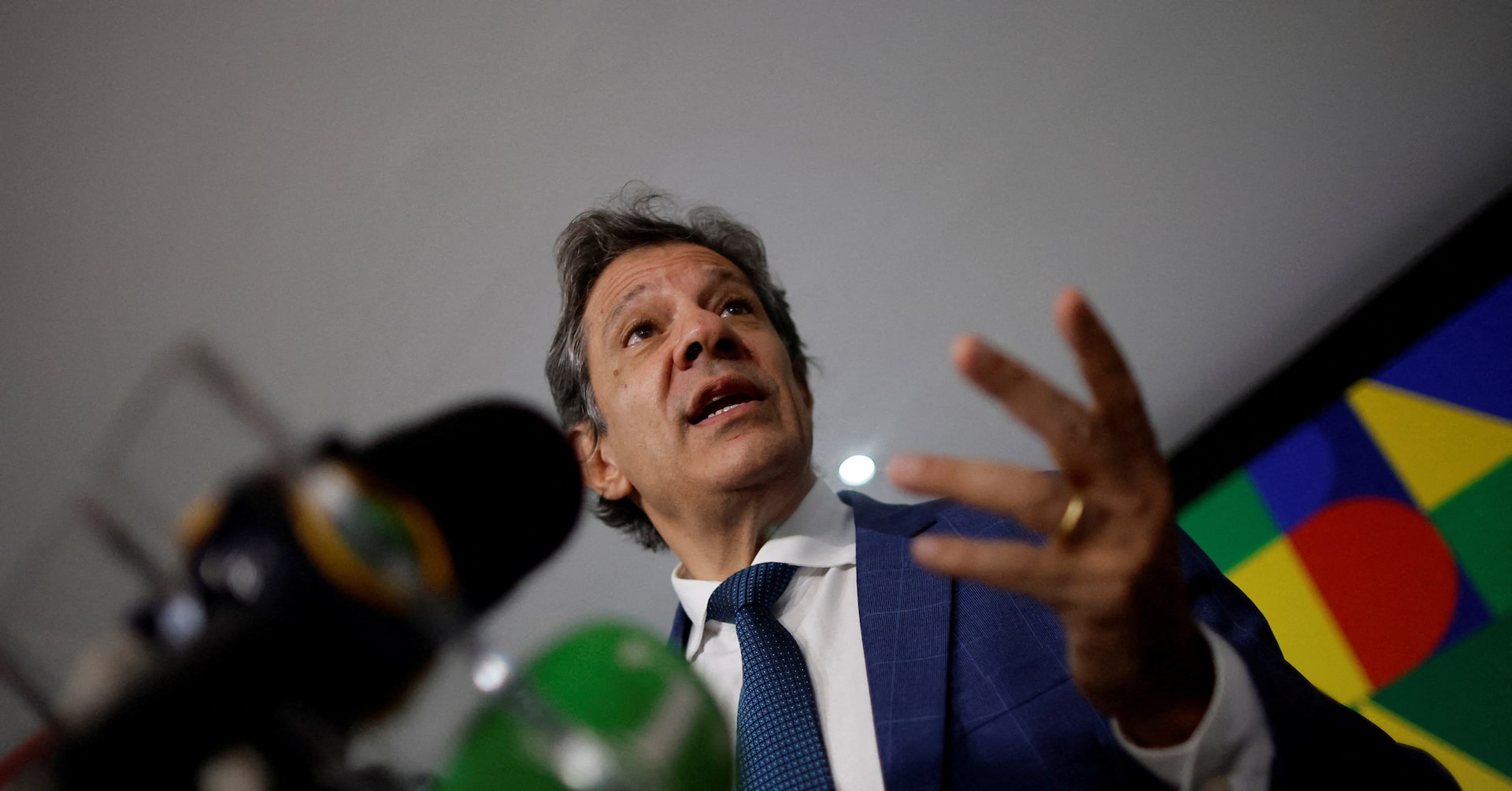Trade Talks Heat Up: Brazil and US Edge Closer to Tariff Breakthrough

In a significant diplomatic and economic development, Brazilian Finance Minister Fernando Haddad revealed that Brazil and the United States are currently engaged in delicate negotiations to establish a comprehensive tariff agreement. The ongoing discussions aim to foster closer economic ties and potentially reduce trade barriers between the two nations, signaling a promising step towards enhanced bilateral cooperation.
Haddad's announcement highlights the strategic importance of smoothing out trade relations and creating a more favorable environment for economic exchange. The potential understanding on tariffs could pave the way for increased trade opportunities and mutual economic benefits for both Brazil and the United States.
While specific details of the negotiations remain confidential, the dialogue represents a proactive approach to strengthening international economic partnerships and addressing potential trade challenges through diplomatic channels.
